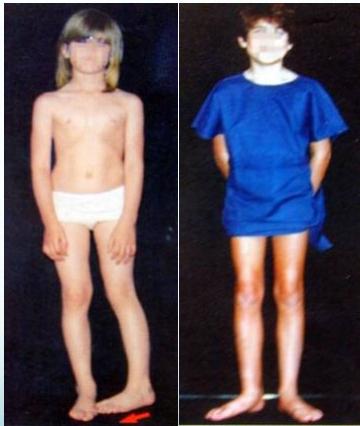Age-Specific Presentations
Developmental Timeline
- Infants: Out-toeing
- Toddlers: In-toeing (most common during second year)
- Early childhood: In-toeing
- Late childhood: Out-toeing
Specific Conditions
Toddlers’ In-toeing
Timing: Most common during second year (at beginning of walking)
Causes:
- Medial tibial torsion: Does not need treatment
- Metatarsus adductus: If severe, casting works
- Abducted great toe: Resolves spontaneously
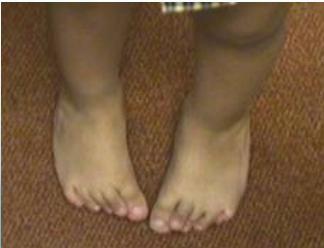
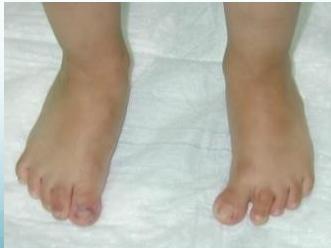
Medial Femoral Torsion (Anteversion)
Age Distribution:
- Starts: 3-5 years
- Peaks: 4-6 years
- Resolves spontaneously: By 8-10 years
- Gender: Girls > boys
Clinical Features:
- Stands with knees medially rotated (“kissing patellae”)
- Sits in “W” position
- Runs awkwardly (egg-beater pattern)
- Family history: Look at relatives - often normal
Management:
- Treatment usually not recommended
- Surgery: If persists > 8-10 years and severe
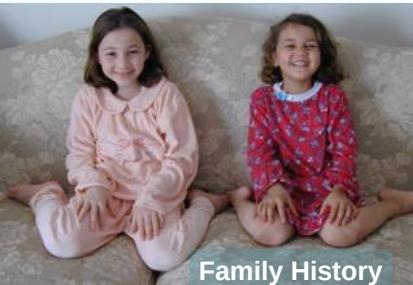
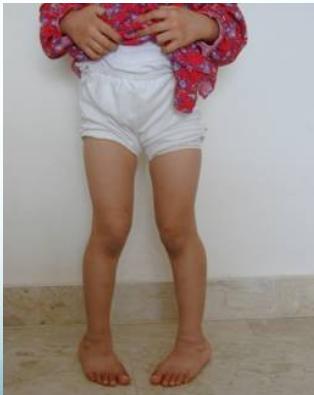
Lateral Tibial Torsion
Clinical Course:
- Usually worsens with growth
- May be associated with knee pain (patellar)
- Especially if LTT is associated with MFT (medial femoral torsion)
- Mechanism: Knee medially rotated and ankle laterally rotated
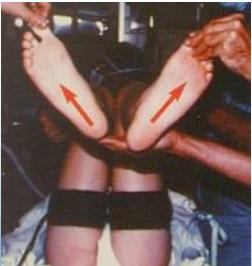
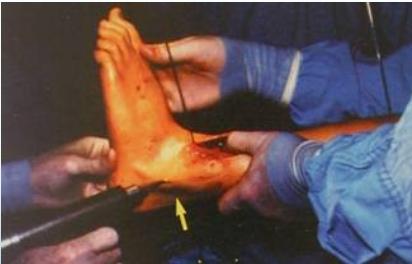
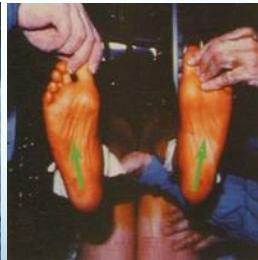
Medial Tibial Torsion
Characteristics:
- Less common than LTT in older children
Surgical Indications:
- Persists > 8 years
- Causes functional disability
